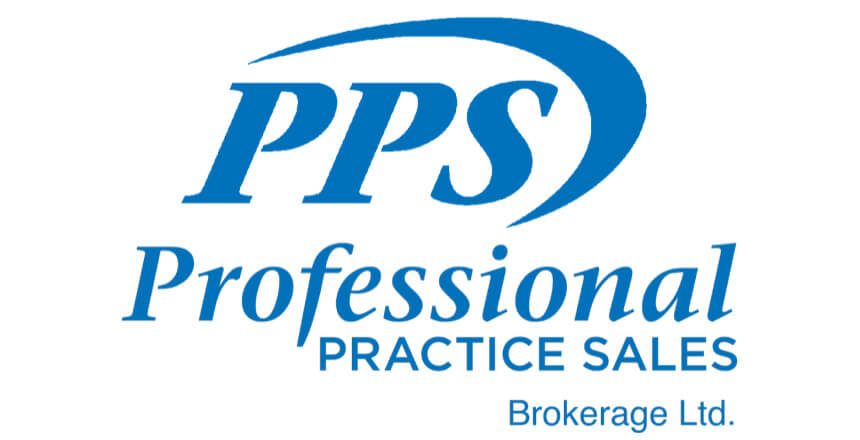
I know it is a morbid subject and I have avoided writing about it for many years, however some of this stuff needs to be talked about. As is the case with most of our articles, the subject matter usually arises due to recent transactions or situations that we have been involved with and this issue is no exception.
It is inevitable that we are all going to pass away someday, however it is remarkable how poorly most of us plan for it. When you consider the effort and expense we go to in order to plan for things that may happen, such as “we don’t want to downsize our home, because one of our kids may move back, or we may need the winding staircase for wedding pictures someday”. Or the effort dentist’s go to put their employee’s on contract because they may need to be terminated someday. There are countless examples of this kind of thing throughout our everyday lives, yet we don’t do a good job of planning for something we know will happen; our own death. Fear is a great motivator so I hope to instill a little fear in you in the hope that it will cause you to take steps to plan for this eventuality.
You, as a dental practice owner have a unique set of circumstances related to your own death that many people in society don’t have to worry about.
- You are self-employed
- You don’t have a pension
- You are usually the primary bread-winner of the family
- There is a miniscule percentage of the population to replace you
- You book your life in 10-15 minute blocks up to six months into the future
So what happens when someone with those characteristics dies suddenly (or becomes critically ill or disabled) without any forward planning? At the risk of being insensitive, I am going to limit the content of this article to factors related to dentistry, though I am acutely aware that there are other, often more important things people must deal with during these times.
First, the team at your practice have no idea where to start. There is not a go-to person who has all the answers, they feel empty and alone and don’t know what to tell the patients. The goodwill value of your practice, which regular readers will know, accounts for about 80 per cent of your practice’s value, starts to erode with that first cancelled appointment. Who will take control of things? Your spouse? Your family and friends? Not likely. In the early days they are too distraught to even worry about the practice. In one of the situations that caused me to write this article, a dentist’s wife contacted a cottage neighbour for help. He was a retired accountant whom she knew had other dentists as clients. He was someone she trusted who would guide her properly. The trouble is that initial contact was made three months after her husband had passed away. She knew very little about her husband’s practice and just assumed someone was taking care of things in the interim. The accountant put her in touch with us but the damage was done. We were able to move the balance of the practice to a neighbouring dentist but a large percentage of the patients had already moved on – therefore the value was severely impacted.
Time is the enemy in these situations. Your patients are loyal to you and they like going to your practice, but when you’re gone there has to be a plan. The first thing to do is to write down clear instructions for people to follow in the event of your demise. It should be specific and contain contact names for people you trust to put an action plan into place immediately. Discuss your instructions with your spouse and possibly, your lawyer, accountant and practice broker. They all bring unique skills in dealing with these unfortunate situations, and importantly are one level removed from the emotion of the situation so can act appropriately for the benefit of your heirs, staff and patients. A locum dentist will need to be retained immediately to maintain as much normalcy in the practice as possible. Your dental practice Valuation will need to be updated (not started) immediately and a plan put in place to transfer the ownership to another dentist. Have a team prepared and knowledgeable and let your family and friends know that you have done so and where to find your instructions. If you don’t have the support you think you’ll need, start setting yourself up. There are many professionals that dedicate their lives to working with dentists. They are most competent to take care of things for you when you can’t.
Plan. Provide information. Sleep comfortably.

